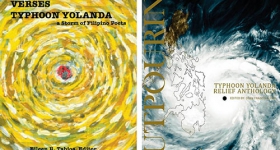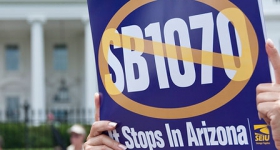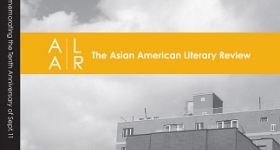photo courtesy of Kao Kalia Yang
My name is Eng
Yang. I want to pay respect to my
brothers and sisters, friends, students, and critical thinkers across America
and the world for the messages you have sent my family and me. I want to thank you your belief in democracy and
the compassion and understanding of heart that has opened you to stories of
human rights and equality. I want to thank you for your care and concern
because you recognized that the story of Yellow Rain and what happened to the
Hmong in the mountains of Laos is unfinished. I have taken your words of
support fully and created a book of our shared history; while I cannot write
each of you, I will keep your words and cherish them. Thank you for reaching
out to me to strengthen my heart for the Hmong lives that were lost and the
Hmong lives that must continue.
-- Eng Yang









Comments